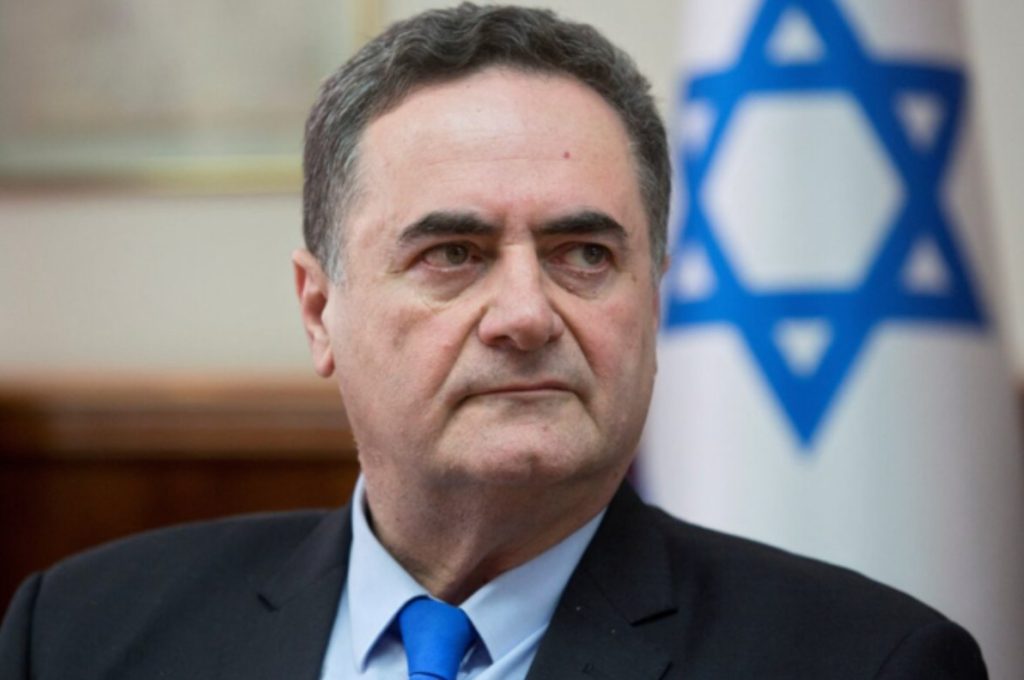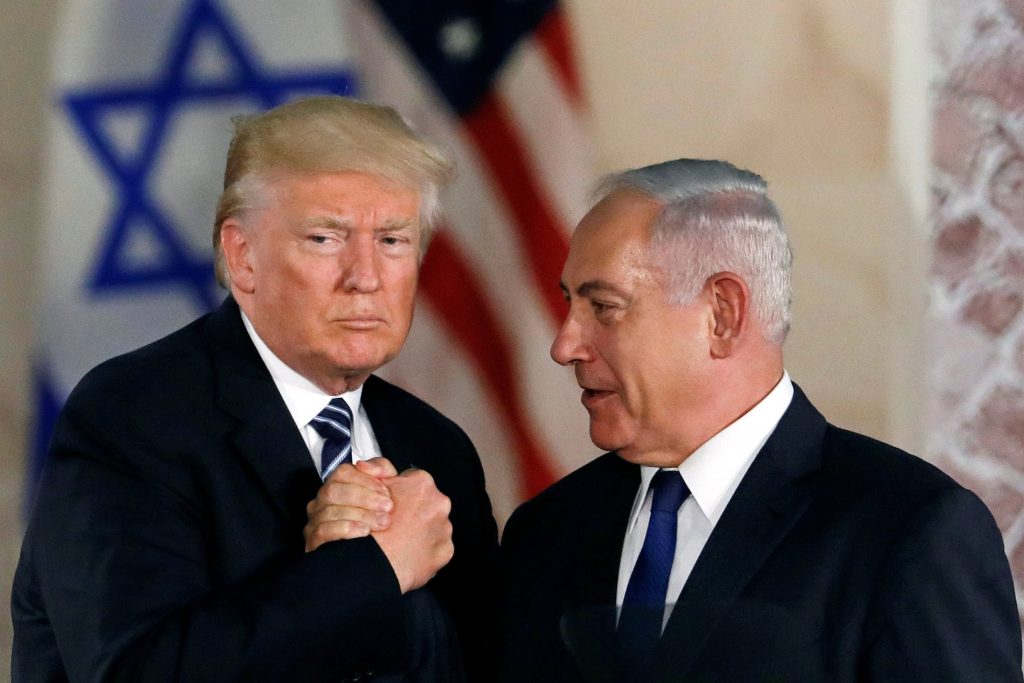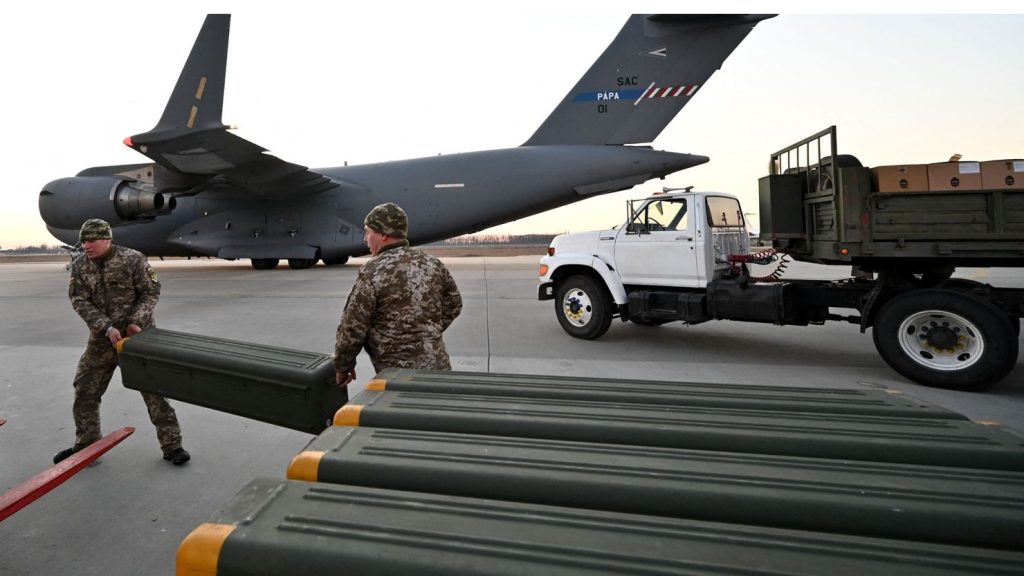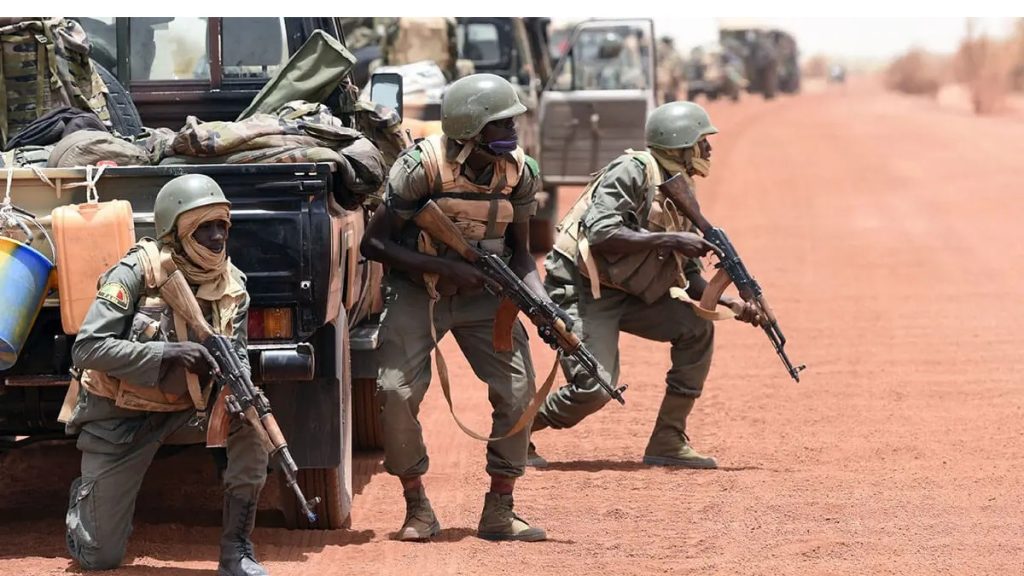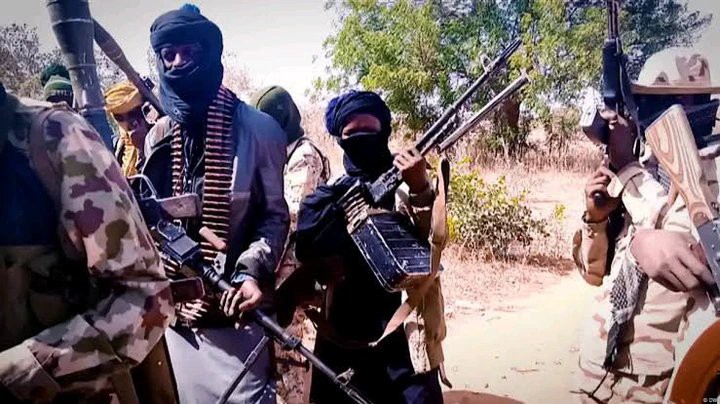News
Missile attacks: Iranian president vows to hit Israel harder

Iranian President, Masoud Pezeshkian has on Wednesday, October 2, 2024, in a joint press conference in Doha issued a warning against Israel after the recent missile attacks.
President Masoud stated in the warning that Iran will respond more forcefully if Israel decides to react to the recent missile attacks.
Pezeshkian speaking in the conference with Qatar’s Emir, Sheikh Hamad Al-Thani emphasized that Iran is not seeking war.
He said Iran is ready to defend itself against Israel’s attack.
Iran fired missile attacks, including hypersonic weapons, at Israel
This warning comes after Iran launched about 200 missiles, including hypersonic weapons towards Israel.
This missile attacks have caused widespread fear and damage, sending frightened civilians out of their shelters.
In the attacks, which Israel redirected most of the missiles, two people were slightly injured by shrapnel and a school building was destroyed.
Pezeshkian said: “The dirty goal of the Zionist regime is to cause insecurity and spread crisis in the region.”
Sheikh Tamim warned that Israel’s actions against Hezbollah in Lebanon are pushing the region to the “edge of disaster.”
Tamim also condemned the ongoing Israeli attacks on the Gaza Strip.
The Emir reaffirmed his country’s dedication to mediating a peaceful resolution to the Israel-Hamas conflict.
The conflict has sparked concerns about regional stability, especially after the missile attacks.
Presently, several countries are closing their airspace in anticipation of further escalation.
The international community has urged for restraint, with the US, European countries, and other regional players calling for calm.
What to know about Iran and Israel’s war
The conflict between Iran and Israel has been escalating, with recent events, including the missile attacks, sparking significant concern.
On October 3, 2024, Israeli Prime Minister Benjamin Netanyahu vowed to retaliate against Iran after it launched missile attacks against Israel.
A complex and sensitive topic
Here’s a brief overview of the Iran-Israel conflict:
Historical Background
1. 1948: Israel’s establishment, leading to Arab-Israeli conflicts.
2. 1979: Iranian Revolution, establishing an Islamic Republic.
3. 1980s: Iran-Israel relations deteriorate due to ideological differences.
Key Issues
1. Nuclear program: Iran’s nuclear development raises concerns in Israel.
2. Regional influence: Iran’s involvement in Syria, Lebanon, and Gaza.
3. Terrorist organizations: Iran’s support for Hamas and Hezbollah.
4. Border disputes: Conflicts over territorial claims.
Major Conflicts
1. 2006 Lebanon War (Hezbollah-Israel)
2. 2008 Gaza War (Hamas-Israel)
3. 2012 Gaza War (Hamas-Israel)
4. 2020 Gaza Conflict (Hamas-Israel)
Current Tensions
1. Nuclear deal (JCPOA): US withdrawal and Iran’s nuclear advancements.
2. Cyberattacks: Alleged Israeli-Iranian cyber warfare.
3. Regional proxy wars: Syria, Yemen, and Iraq.
4. Missile attacks against Israel.
Diplomatic Efforts
1. 2015 JCPOA (Joint Comprehensive Plan of Action)
2. 2020 Abraham Accords (Israel-UAE-Bahrain normalization)
Consequences
1. Humanitarian crises
2. Regional instability
3. Global security concerns
Recent Developments
1. Iran’s increased uranium enrichment
2. Israel’s strikes on Iranian targets in Syria
3. US-Iran tensions and sanctions.
4. Missile attacks on Israel.
For Diaspora Digital Media Updates click on Whatsapp, or Telegram. For eyewitness accounts/ reports/ articles, write to: citizenreports@diasporadigitalmedia.com. Follow us on X (Fomerly Twitter) or Facebook



